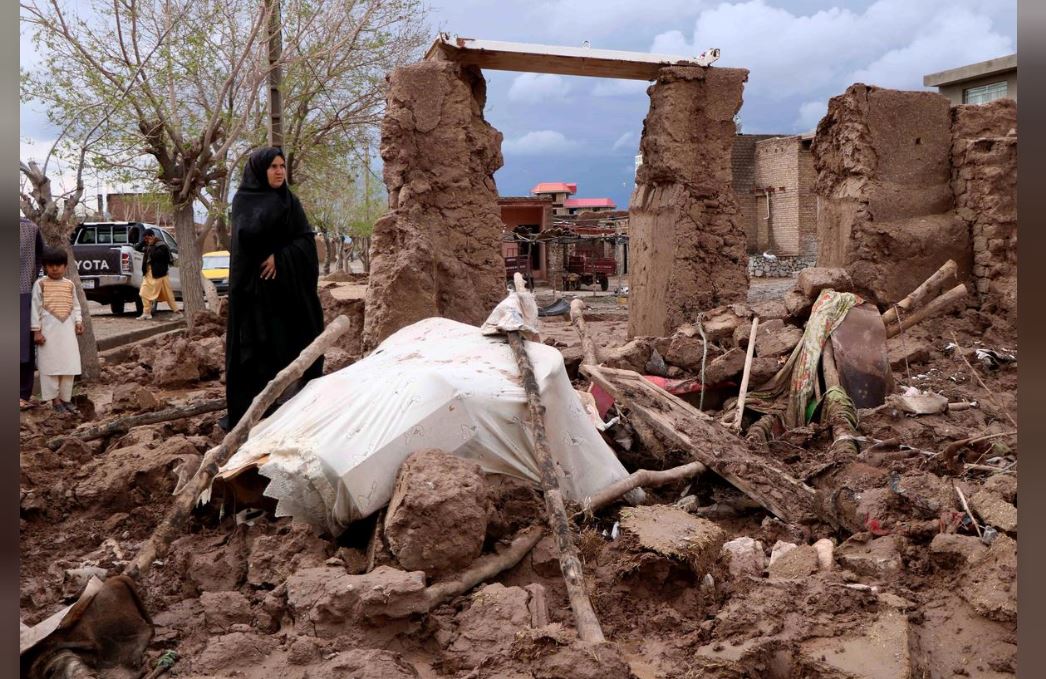×
The Standard e-Paper
Join Thousands Daily

Flash floods have killed at least 32 people in western Afghanistan, destroyed homes and swept through makeshift shelters that housed displaced families, a government official said on Saturday.
Flooding caused by heavy rains started spreading on Thursday and left a trail of devastation across seven provinces, said Hasibullah Shir Khani, a spokesman for Afghanistan's National Disaster Management Authority.